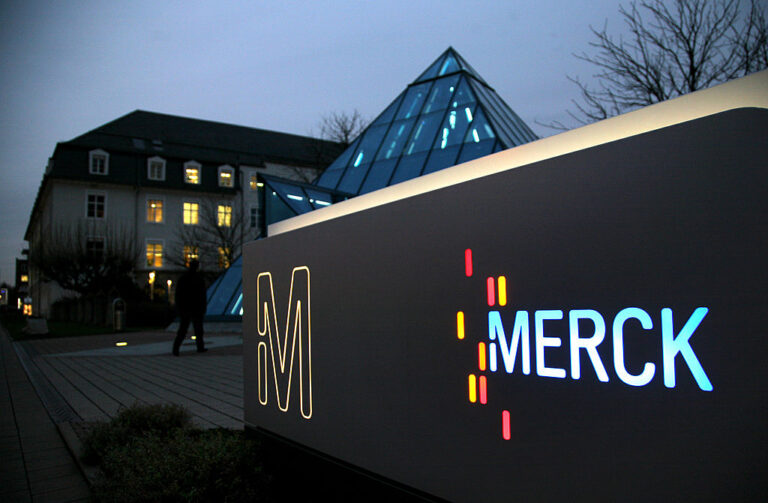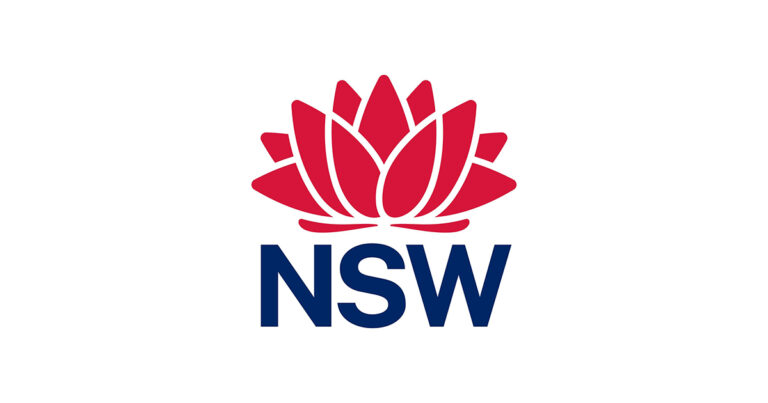
After more than a decade, a judge has approved a historic $2.8 billion class action settlement involving Blue Cross Blue Shield — but for some providers, this isn’t nearly enough.
The settlement was to resolve a lawsuit filed in 2012, in which providers and hospitals claimed that Blue Cross and its affiliated plans underpaid them. Providers alleged that Blue Cross violated antitrust laws by dividing the U.S. into “service areas” and agreeing not to compete in those areas. They also argued that the insurer fixed prices for its services.
In other words, the plaintiffs alleged that Blue Cross deflated reimbursements by colluding across different states to pay no more than a certain amount for services, said Guillermo Beades, a partner in Frier Levitt’s Healthcare Litigation Department.
The $2.8 billion settlement will be split between about 3 million class action members. It is the largest settlement for a healthcare antitrust case.
The insurer said in a statement to MedCity News that it is “pleased with the Court’s Order approving the settlement we reached to resolve the claims in this case.”
While Blue Cross Blue Shield is content with the settlement, many providers are not. About 6,500 providers have opted out of the settlement. Dozens have also filed their own lawsuits against the insurer, including large health systems like Providence, CommonSpirit Health, WellSpan and Bon Secours Mercy Health.
A spokesperson for Providence told MedCity News that it decided to opt out of the settlement because it isn’t reflective of the scale of anticompetitive harm the system experienced by Blue Cross.
“We are pursuing separate individual claims because our estimated damages are many, many times higher than what was offered under the class settlement and we want to put an end to all of the Blues’ anticompetitive and harmful practices,” the spokesperson who declined to be named said.
MedCity News reached out to numerous other health systems, who either declined to comment or did not respond.
The settlement
The $2.8 billion settlement was approved by Chief U.S. District Judge R. David Proctor in Alabama. In addition to the payment to class action members, the settlement also requires injunctive relief to address provider issues that have “been at the heart of this litigation,” the judge’s decision stated.
For example, it requires changes to the BlueCard system, which allows members of one Blue Cross plan to receive healthcare services when traveling or living in another Blue Cross plan area. Providers have to submit claims through the BlueCard system when they treat members of another Blue Cross plan.
“For decades, Providers have complained that, despite its positives, BlueCard is a non-transparent program that causes additional costs, inefficiencies, and frustration,” the judge said. “The Settlement Agreement’s injunctive relief will significantly improve Providers’ experience with the BlueCard system, bring more transparency and efficiency, and lead to Blue Plan accountability.”
Some of the changes to the BlueCard program include creating a cloud-based system that provides better access to member benefits and eligibility verification information and preauthorization requirements. It also requires each Blue plan to pay clean (meaning without errors), fully insured claims within 30 days and to appoint a dedicated BlueCard executive responsible for overseeing program operations.
Additionally, providers will have more opportunities to enter into value-based contracts with Blue Cross plans, the decision stated.
To ensure compliance, a monitoring committee will also oversee the settlement agreement’s implementation for five years. The committee will review new rules proposed by Blue Cross and resolve disputes related to the settlement’s terms.
Why providers are opting out
On face value, a $2.8 billion settlement may sound like a lot of money.
But for health systems dealing with hundreds of billions of dollars in annual revenue, “it’s a drop in the bucket,” according to Beades of Frier Levitt.
“First of all, you have to pay legal fees out of that,” he said. “And then on top of that, you have an equal share. It’s not pro rata, it’s equal across the 3 million participants. So if you opt in, you’re not going to be getting that much money. And if you are a large group who has millions of dollars of claims that were underpaid, it’s not going to work to your benefit.”
Beades added that there is also dissatisfaction with the non-monetary terms of the settlement. Some providers don’t feel that these reforms go far enough to change the structure that permitted the anti-competitive behavior in the first place.
Ultimately, providers want more transparency, Beades stated.
“They want to know that there’s enough checks and balances in place for this not to happen again because if you look at the history litigation against large systems — UnitedHealthcare, Horizon — like every five to 10 years, you’ll see one of them get dinged for hundreds of millions to a billion dollars like here,” he said. “And that doesn’t stop them. They will go back to doing what they did five to eight years later.”
Providence, meanwhile, wants fair compensation for Blue Cross’ wrongdoing, including “underpayments and restrictions that have impacted Providence’s ability to deliver care efficiently and competitively and to continue to provide critical services to underserved communities,” the spokesperson said.
The health system wants to hold the insurer accountable and receive a resolution that “reflects the true extent of the harm our organization and the communities we serve have suffered,” the spokesperson added.
In the complaint filed by multiple health systems in March, the plaintiffs called for permanently prohibiting Blues plans from entering into agreements that fix prices or harm competition. They also want to be awarded damages in the “form of three times the amount of damages suffered by Plaintiffs.”
Photo: Valerii Evlakhov, Getty Images




